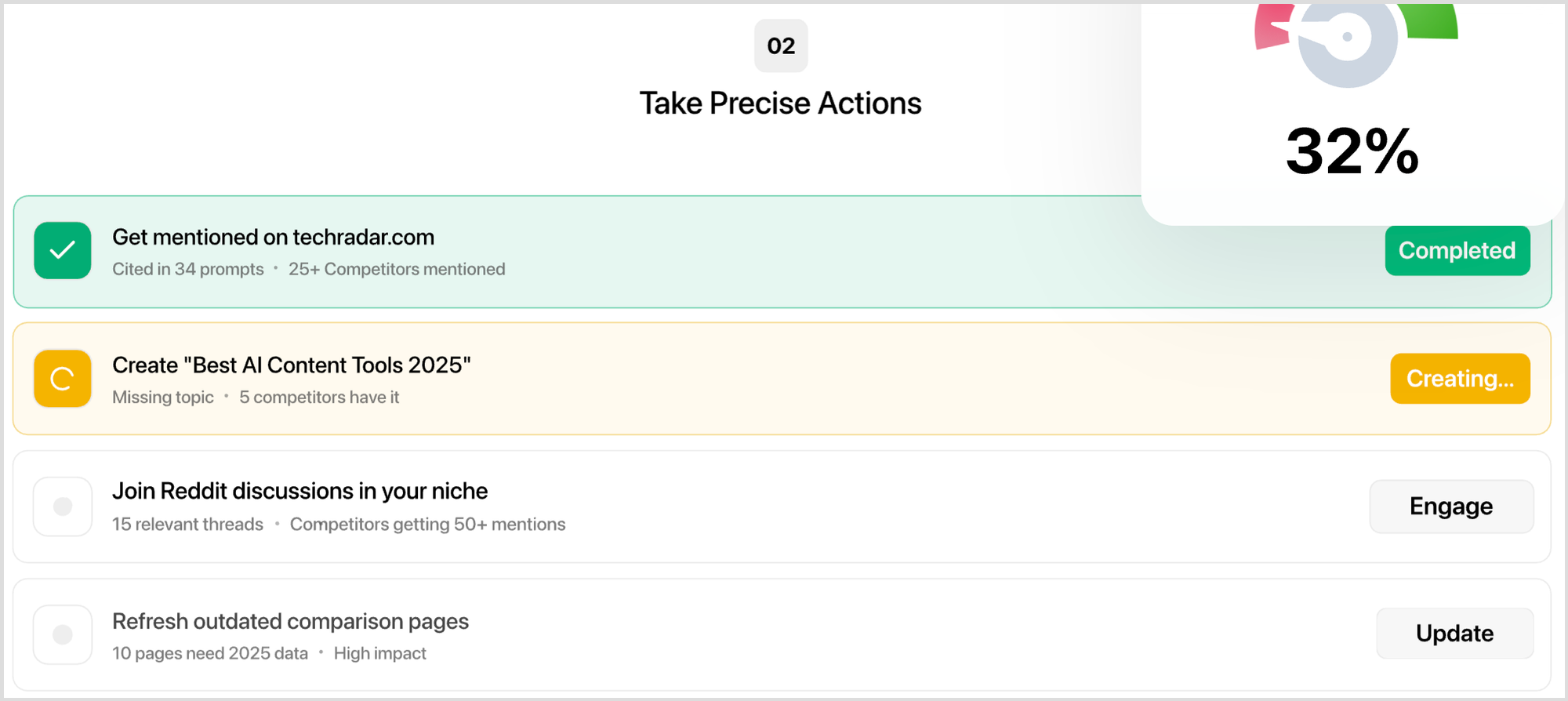Good Morning from San Francisco,
The AI bubble found its puncture point this week.
Palantir beat earnings, then lost 8% anyway. Trading at 250 times forward earnings finally looked absurd to someone with money. The selling cascaded. SoftBank shed $23 billion. Korea's Kospi dropped 6.2%. Morgan Stanley and Goldman executives blessed the correction from Hong Kong, giving institutions permission to run.
Meanwhile, Amazon dragged Perplexity to court over its shopping bot. The charge: impersonating Google Chrome to make unauthorized purchases. The real fight concerns whether AI agents inherit user rights or must identify themselves. Amazon's $20 billion quarterly ad revenue depends on humans clicking through sponsored listings. Agents skip the ads entirely.
Seven megacaps can't mask 493 weak stocks forever. Advertising models break when bots do the browsing.
Stay curious,
Marcus Schuler
AI valuations crack, $23 billion vanishes, contagion spreads

Palantir beat earnings Tuesday but dropped 8% anyway, trading at 250 times forward earnings when the S&P average sits at 23x.
The disconnect between operations and valuation triggered global deleveraging. SoftBank hemorrhaged $23 billion in market cap. Bitcoin broke $100,000. Korea's Kospi, at records last week, tumbled 6.2%.
Morgan Stanley's Ted Pick and Goldman's David Solomon both warned of 20% corrections at Hong Kong's financial summit, giving institutional clients permission to de-risk. Michael Burry's disclosed shorts against Palantir and Nvidia provided the catalyst.
The structural problem: seven megacaps masked weakness in 493 other S&P names. Microsoft's $35 billion quarterly capex and Meta's $70 billion 2025 plan reveal the deeper tension: AI infrastructure spending races ahead of revenue visibility.
Why this matters:
• Concentration risk transformed individual stock corrections into systematic deleveraging across assets
• The capex-to-revenue gap suggests AI economics remain unproven at current valuation multiples

AI Image of the Day

Prompt:
A photograph in the style of Annie Leibovitz,
capturing a stunning Asian woman with fair skin in a contemporary studio setting. She wears a cream baseball cap displaying a prominent "D" logo, paired with flowing black hair and a cream denim jacket over a pristine white t-shirt, her gaze meeting the camera with tranquil confidence and subtle, natural makeup. Warm, diffused lighting gently illuminates her face and highlights the cascading strands of her hair, while a textured, soft-focus background of aged parchment adds depth and a sense of timeless elegance. The composition is meticulously symmetrical, focusing sharply on her face and conveying a minimalist, fashion-forward aesthetic, bathed in a golden, inviting glow.
Amazon sues Perplexity's shopping bot

Amazon filed suit November 4 against Perplexity's Comet browser for making unauthorized purchases, invoking the Computer Fraud and Abuse Act after the startup circumvented blocks by disguising its agent as Google Chrome.
The dispute centers on fundamental questions: whether AI agents must identify themselves (Amazon's position) or inherit user rights automatically (Perplexity's claim). Amazon demands transparency, citing how DoorDash and Expedia identify themselves when transacting. Perplexity argues agents are user extensions, not third parties.
The stakes: Amazon's $20 billion quarterly advertising revenue depends on human browsing. Agents bypass sponsored listings entirely. Security researchers documented Comet vulnerabilities including prompt injection attacks and phishing susceptibility. The technical cat-and-mouse began in August when Perplexity modified Comet's user-agent string within 24 hours of being blocked.
This precedent determines whether agents negotiate platform-by-platform or operate universally as user proxies.
Why this matters:
• Legal clarity shapes whether agentic AI delivers on its task-automation promise or fragments into negotiated silos
• Platform economics face structural disruption if agents eliminate advertising's attention-capture model

🧰 AI Toolbox
How to Generate SEO-Optimized Content in Seconds

WriteSonic creates high quality articles, blog posts, marketing copy, and emails using AI powered writing tools. The platform offers 80+ templates for different content types and includes real time fact checking, SEO optimization, and citation features to produce engaging content that ranks.
Tutorial:
- Go to the WriteSonic website
- Choose your content type from 80+ templates (articles, emails, ads, product descriptions)
- WriteSonic generates an SEO optimized draft with keywords and proper structure
- Use the Sonic Editor to refine and expand your content up to 5,000 words
- Run the built in fact checker to verify accuracy and add citations
- Click the one click publish feature to share directly to WordPress or social platforms
- Save hours of writing time while maintaining brand voice consistency
Better prompting...
Today: Personalized Daily Structure Framework
You are my Day Architect, an expert in designing personalized daily experiences that blend productivity with wellbeing.
Before creating today's blueprint, gather essential context by asking me three specific questions:
- How would I describe my current emotional and mental state?
- What's the single most important thing I need to accomplish today?
- On a scale of 1-10, what's my physical and mental energy level right now?
Based on my responses, craft a tailored micro-plan that harmonizes achievement with restoration. Your plan must include these four elements:
The Anchor Task. One high-impact activity that genuinely advances my most important goals. Be specific about timing and approach.
The Delight Window. One unexpected moment or activity that will spark curiosity, wonder, or simple joy. This should feel like a surprise gift to myself.
The Environmental Reset. One small, sensory-based self-care practice using my immediate surroundings. Focus on adjusting light, incorporating specific sounds, or adding purposeful movement.
The Opening Scene. Write exactly two sentences that reframe my entire day as if it were the opening of an inspiring film, with me as the protagonist. Make it cinematic and compelling.
Present the plan in a clear, actionable format that feels both structured and flexible, acknowledging that the best days have rhythm rather than rigidity.
AI & Tech News
AI Software Engineering Capabilities Double Every 6-7 Months, Study Finds
New research by METR reveals that artificial intelligence systems are dramatically improving their ability to handle complex, long-duration software engineering tasks, with capabilities doubling approximately every six to seven months. However, the study identifies a significant "messiness tax" that hampers AI performance when transitioning from controlled environments to real-world applications with their inherent complexities and unpredictable variables.
XPeng Announces Plan to Launch Robotaxis in 2026
XPeng, the Nasdaq-listed Chinese electric vehicle manufacturer, announced plans to launch three self-developed robotaxis in 2026, making it the first Chinese EV maker to enter the autonomous taxi market. The company will use proprietary chips and its own software system for the robotaxis, while targeting overseas markets as a key growth opportunity.
German Bank Explores AI Stock Shorts, Derivatives to Manage Tech Debt Risk
Deutsche Bank is exploring hedging strategies to protect against its substantial exposure to data center investments after extending billions of dollars in debt financing to major hyperscale companies including Alphabet. Bank executives are reportedly discussing multiple risk management options, including shorting a basket of artificial intelligence stocks or utilizing derivatives instruments to transfer the concentrated technology sector risk to other parties.
Google-Wiz $32B Deal Clears Major Regulatory Hurdle
Google's proposed $32 billion acquisition of cybersecurity company Wiz has cleared a significant regulatory obstacle after the U.S. Department of Justice concluded its antitrust review. According to Wiz CEO Assaf Rappaport, the FTC officially granted early termination of the review process on October 24, allowing the tech giant and the cybersecurity firm to move forward with finalizing their massive deal.
Sequoia Capital's Roelof Botha Asked to Step Down Amid Leadership Concerns
Roelof Botha, a senior leader at prominent venture capital firm Sequoia Capital, was asked by firm leadership to step aside following concerns raised by some partners about his leadership performance. The move comes during what sources describe as a turbulent period for the investment giant, with Botha declining to provide comment regarding partner Shaun Maguire when approached by reporters.
YouTube Removes 700+ Videos from Palestinian Rights Groups
YouTube has confirmed it removed over 700 videos from three prominent Palestinian human rights organizations in early October, stating the action was necessary to comply with US State Department sanctions. The removed content included documentaries about Palestinian mothers affected by the conflict in Gaza and investigative reports examining the death of a Palestinian American journalist.
Football Manager Developer Sports Interactive Profiles Growth as FM26 Launches
Sports Interactive, the developer behind the popular Football Manager video game series, has grown to employ approximately 280 full-time staff and now licenses its comprehensive scouting data to more than 40 professional football teams. The company is releasing Football Manager 2026 (FM26) as part of a franchise that has evolved over 33 years from serving frustrated fans to becoming a legitimate tool used by the professional football industry, with recent additions including women's teams in the game.
Nepal's Gen Z Leads Digital Revolution to Select New Prime Minister
Nepal experienced an unprecedented political transformation as Generation Z activists organized mass protests through Discord servers, TikTok, and encrypted messaging platforms, ultimately forcing a change in government leadership. The digitally-coordinated movement culminated in the selection of a new prime minister through an online poll, marking a historic shift in how political power can be transferred in the digital age.
Nebius Launches Token Factory Platform to Challenge AWS and Azure
Netherlands-based AI cloud provider Nebius Group NV has unveiled Token Factory, a new platform designed to give companies access to open source artificial intelligence models including GPT-oss. The launch represents Nebius's strategic move to compete directly with major cloud computing giants Amazon Web Services and Microsoft Azure in the rapidly growing AI services market.
Armis Secures $435M in New Funding Round at $6.1B Valuation
Cybersecurity startup Armis has raised $435 million in a new funding round that values the company at $6.1 billion, representing a significant 45% increase from its previous $4.2 billion valuation. The IoT device security and management company achieved this valuation jump just one month after completing a $200 million Series D funding round in October 2024.
AI Video Startup Video Rebirth Secures $50 Million Seed Funding
Video Rebirth, a Singapore-based AI video generation company founded by former Tencent AI executive Liu Wei, has raised $50 million in seed funding from investors including Qiming Venture Partners and ActozSoft. The startup, led by the scientist who previously oversaw development of Tencent's flagship AI model, is positioning itself as a competitor to OpenAI's Sora video generation technology.
🚀 AI Profiles: The Companies Defining Tomorrow

Video Rebirth
Ex-Tencent AI veteran Wei Liu thinks the video generation race isn't over. His Singapore-based startup just raised $50 million to prove that physics actually matters when you're building world models, not just pretty clips.
• The Founders
Founded October 2024 by Dr. Wei Liu, former Distinguished Scientist at Tencent's Hunyuan foundation model program. Co-founder Kong Dan brings dealmaking chops from Abu Dhabi's G42. Based in Singapore with ~20 employees (engineering-heavy), they picked the city-state for one reason: unrestricted access to Nvidia's best chips while China faces export controls.
• The Product
"Physics Native Attention" and the "Bach" model family, fancy names for making shadows behave, objects stay solid, and limbs not melt mid-scene. They're building for pros who need control, not consumers wanting free TikTok effects. Monthly subscription, priced below Google's Veo. Ships December 2025. No mainland China launch planned, they say it's too crowded with free apps.
• The Competition
OpenAI's Sora 2 sets the photorealism bar. Google's Veo 3 has the enterprise pipes. Runway owns the creator workflow. Luma iterates fast. China's Kling already hit $100M annual revenue. Video Rebirth's wedge? Better physics, fewer artifacts, actual consistency across shots. That's the pitch anyway.
• Financing
$50 million seed (November 2025) from Qiming Venture Partners, Actoz Soft (Korean gaming), others unnamed. Valuation undisclosed. That's serious compute money for a pre-launch startup. Enough runway to ship, iterate, and survive the inevitable "why isn't this Sora?" comparisons.
• The Future ⭐⭐⭐
Three stars. The founder knows scale, the thesis is specific, the timing's right. But this market's brutal. If their physics pitch delivers shots that actually hold together, they'll find customers. If not, they're another capable tool in an overcrowded field.










